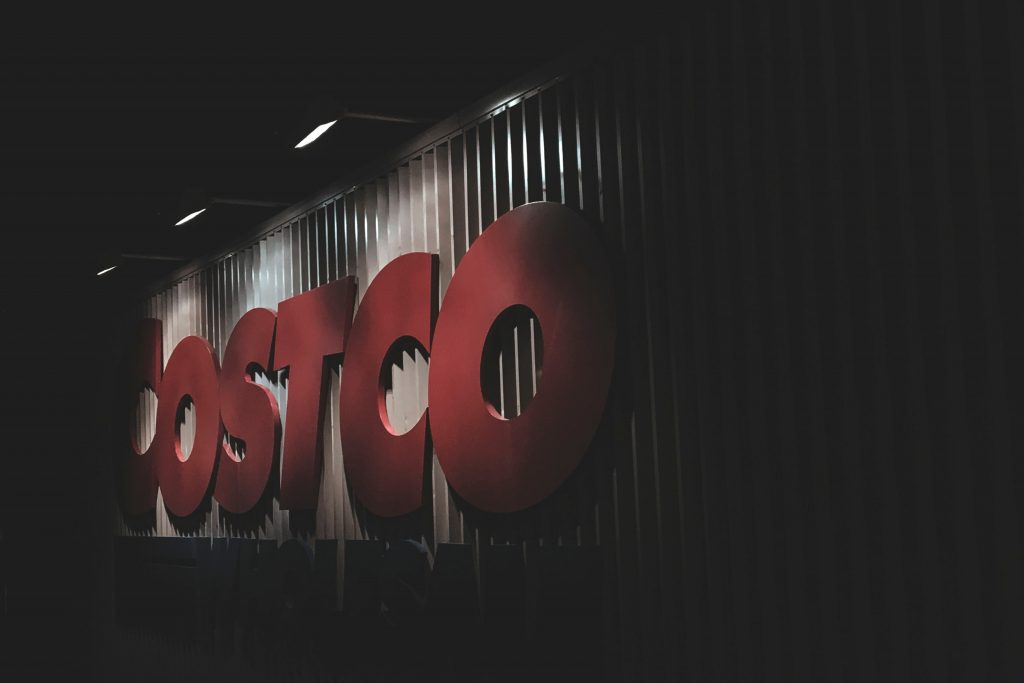This decision to buy a car isn’t only about what money you currently have. The method you select can change the flexibility, expenses and the level of control you have over your asset. There are those who want to pay everything upfront, but many prefer to use personal contract purchase, hire purchase or leasing. Which one suits you depends on what your money goals are, how you drive and how much you prefer to own your vehicle.
Paying Upfront: Full Ownership from Day One
If you purchase your car outright, you don’t have any limits. There are no additional payments after you buy the car. You don’t need to pay interest, there’s no schedule for monthly payments and you won’t lose your car if you miss any payments.
Advantages of an Upfront Payment
Not paying finance charges usually makes this the least expensive way to buy. There is no problem if you decide to sell the car or make changes to it whenever you want. You can sell whenever you want and don’t have to worry about mileage restrictions.
Where It Can Fall Short
Tying up a large lump sum in a depreciating asset isn’t always ideal. Doing so could limit liquidity — money that might be more useful elsewhere. There’s also the risk of shouldering sudden repair bills without any of the protection sometimes offered by finance packages.
Financing Options: Spread the Cost Strategically
For buyers not wishing to drain their savings, finance can be a smart route. Several pathways exist, each tailored to different needs.
Personal Contract Purchase (PCP)
This plan involves lower monthly payments because you’re only paying for the depreciation. At the end, you can return the vehicle, trade it in, or pay a balloon payment to own it. It’s popular with those who like changing cars frequently.
Hire Purchase (HP)
Here, the car becomes yours after the final payment. Unlike PCP, there’s no balloon amount at the end. Though monthly instalments are higher, ownership is straightforward and there’s no mileage restriction.
Personal Loans
Borrowing money from a bank or online lender gives you immediate ownership, but with added interest. Since the car isn’t tied to the loan, there’s more freedom. However, if you default, your credit rating takes the hit rather than risking repossession of the vehicle.
Leasing (PCH)
Personal Contract Hire offers an entirely rental-based experience. You never own the car, but you gain access to new models with fixed monthly costs that may include maintenance. Ideal for those uninterested in resale or long-term commitment.
Comparing Sample Scenarios
Let’s say a buyer has £15,000 saved. Paying cash for a used car removes any future obligation but uses all available capital. In contrast, that same £15,000 could cover deposits and instalments on multiple newer cars over several years using PCP — allowing regular upgrades at the cost of continuous payments.
A person who works for themselves may choose leasing to get tax-deductible monthly payments. If your car will cover many miles in a year, you may face penalties on your PCP deal and should look at HP or a loan that allows any mileage.
What to Watch Out For
Remember to add up all the costs, instead of just paying attention to the monthly payment. Check the contract for early settlement terms, details about depreciation and what residual value is expected. Keep in mind that you’ll need to cover insurance, maintenance and road tax.
Tailor the Decision to Your Life
No one solution works for everyone. You should pick a method that matches the time you plan to own the vehicle, how important flexibility is and how well your repayments fit into your budget. Always choose a payment plan that fits your way of life, not only your budget.


